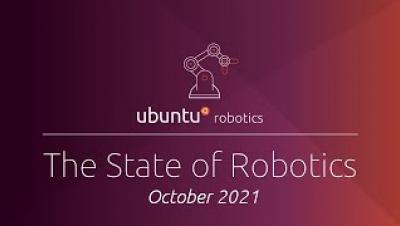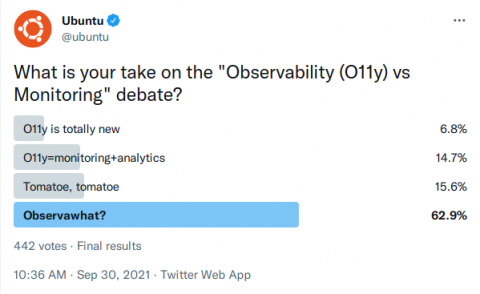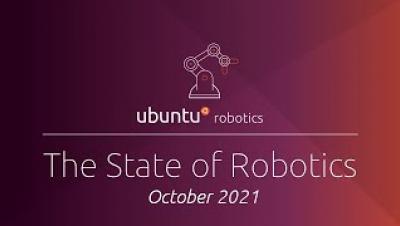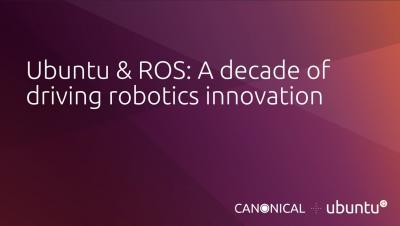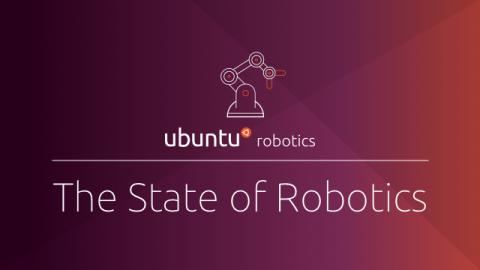Kubernetes 1.23 rc testing with MicroK8s
Today, Kubernetes 1.23 release candidate was made available upstream for testing and experimentation. General availability is planned for December 7th, so now is the time to report back any issues or bugs. Developers, DevOps and open source software enthusiasts can try out the latest features using MicroK8s. MicroK8s is a lightweight, CNCF-certified Kubernetes distribution with a streamlined UX.



